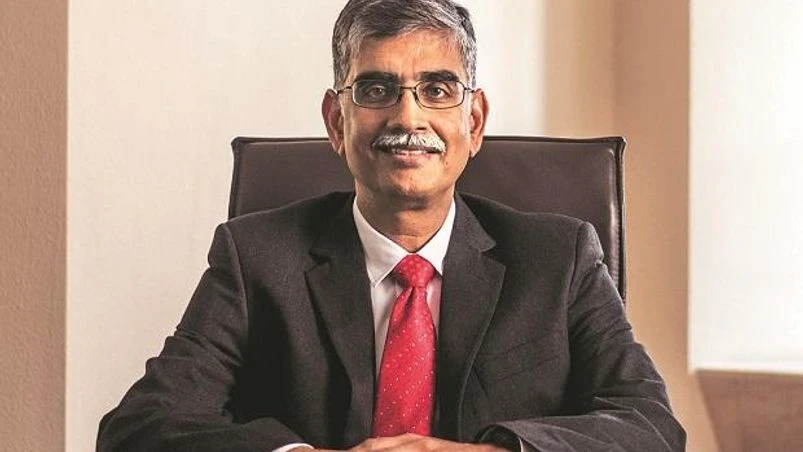 Tata Consumer Products MD Sunil D'Souza on food & non-food business plans
Tata Consumer Products MD Sunil D'Souza on food & non-food business plans
In a recent interview with Business Standard's Sharleen D'Souza, Tata Consumer Products MD and CEO Sunil D'Souza shares his strategic roadmap for food and non-food businesses. Listen in
Sharleen D’Souza New Delhi
)
Sunil D’Souza, MD& CEO, Tata Consumer Products
Ans:
>Tata’s India food business is composed of salt and the Tata Sampann/Soulfull/ready-to-eat
>Reasons for volume softness in salt in Q4
-Q4 volumes of last year that grew by 21% is a high base to cycle this year
-Inflation in salt, followed by price rise in past nine months
>Despite inflation, salt maintained margin for Q4 FY22 vs Q4 FY21
>Tata Sampann grew over 30% by value in Q4 FY22
>Starting from a zero-base, Tata Soulfull is growing at triple digits for past few months
Q2: Have you been able to pass on the lower prices in tea to the consumers, and why’s revenue is still impacted in the category?
Ans:
>As against overall beverages in India, Tata’s tea revenues was -1%
>Prices moved down for tea brands where prices have softened
Q3: You had good margin in the quarter when rest of the sector struggled. Can you explain how you managed this kind of performance in the margin front?
Ans:
>Salt, tea and coffee are three major commodities that Tata Consumer Products buy
>Apart from salt, prices of tea and coffee are looking to be range-bound now
>Spike in commodity prices seen on categories which Tata Consumer Products is not heavily reliant on, like sunflower oil, palm oil, wheat etc
Also Read
Q4: In your international markets performance, especially in tea, mobility has increased in these markets. That’s why out-of-home consumption has picked up, and in-hone consumption has taken a hit. What is your strategy to improve black tea consumption in these markets?
Ans:
>Coffee business enjoys a stable market share, where price rise is in sync with coffee prices and the industry trends
>International tea markets have normalised and returned to pre-Covid trends
>Following three-brand strategy for international markets – putting Tetley, Good Earth and Teapigs under the same portfolio and expand
>Beyond building brand image and improving execution for Tetley black tea, the next growth opportunities are in fruit and herbal specialty
>Black tea as a category is under pressure in international markets, but the company has a share opportunity to equalise
Q5: Starbucks had a strong opening of stores in the previous quarter. Will this continue for you going ahead?
Ans:
>Starbucks opened 50 stores during the last financial year. 23 stores opened in the last quarter
>Background work was already done before reopening of the stores
>Ambitions of accelerating store growth in India
>Starbucks has 268 outlets in 26 cities of India
Q6: In the Indian market, modern trade contribution has crossed Rs 1,000 crores. If you can touch upon quick commerce and also your D2C brands and your ecommerce business is evolving at this point in time.
Ans:
>Modern trade grew at 30% y-o-y and has crossed Rs 1,000 crores now
>New businesses like Soulfull, Tata Q, Sampann etc are witnessing disproportionate shares and volume growth in the modern trade
More From This Section
Don't miss the most important news and views of the day. Get them on our Telegram channel
First Published: May 09 2022 | 7:00 AM IST

